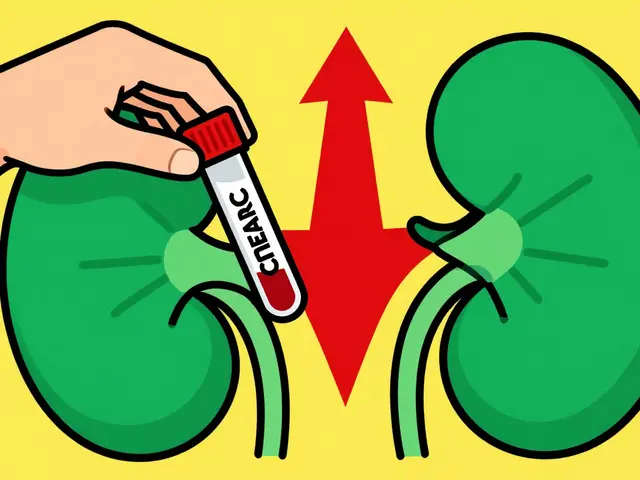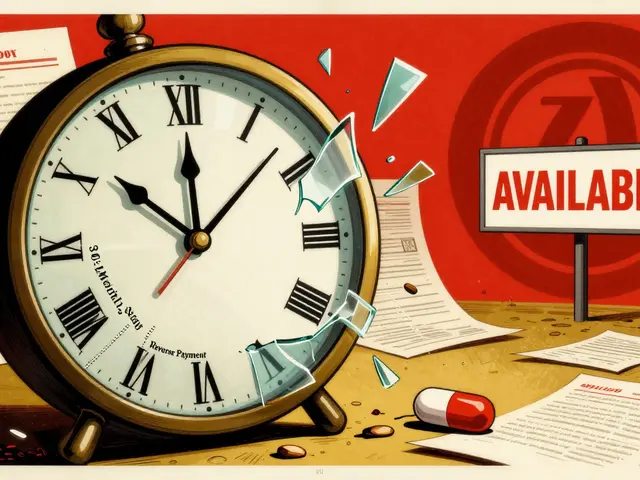Dexamethasone Alternatives: What Works and When to Use Them
If you’ve been told to avoid dexamethasone because of side effects or personal preference, you’re not alone. Many patients need a strong anti‑inflammatory without the steroid baggage. Below we break down the most common non‑steroid choices, explain how they act, and give quick tips on picking the right one for your situation.
1. Non‑Steroidal Anti‑Inflammatory Drugs (NSAIDs)
Ibuprofen, naproxen, and celecoxib belong to the NSAID family. They block the enzymes that produce prostaglandins – chemicals that cause swelling and pain. For mild‑to‑moderate flare‑ups, an over‑the‑counter ibuprofen can be enough. If you need longer relief or have stomach sensitivity, a prescription COX‑2 inhibitor like celecoxib may suit better. Remember to take them with food and check kidney health if you’re on them for weeks.
2. Disease‑Modifying Antirheumatic Drugs (DMARDs)
When inflammation is part of a chronic condition such as rheumatoid arthritis, DMARDs like methotrexate or sulfasalazine can replace steroids. They work by dampening the immune system over time rather than giving instant relief. Starting doses are low and your doctor will monitor blood tests regularly. The payoff is fewer steroid‑related side effects while still keeping joint damage at bay.
Biologic agents—adalimumab, etanercept, or infliximab—are a newer branch of DMARDs that target specific immune pathways. They’re usually reserved for people who haven’t responded to oral meds. Though they require injections, many users find the long‑term steroid avoidance worth it.
3. Topical Options
For skin or localized joint issues, topical steroids can be swapped with creams containing calcineurin inhibitors (tacrolimus, pimecrolimus) or NSAID gels like diclofenac. These deliver the drug right where it’s needed without flooding your whole body. Apply a thin layer twice daily and watch for any skin irritation.
4. Natural Anti‑Inflammatories
Curcumin (found in turmeric), omega‑3 fatty acids, and ginger have modest anti‑inflammatory effects. They’re not a cure‑all but can lower baseline inflammation when added to your diet. Consistency matters—take a standardized curcumin supplement with black pepper extract for better absorption.
5. When Steroid Sparing Isn’t Enough
Some severe cases still need short bursts of steroids, but you can limit exposure by using the lowest effective dose and tapering quickly. Pair a brief steroid course with an NSAID or DMARD to keep symptoms under control afterward.
Talk to your healthcare provider about blood work, existing conditions, and other meds before switching. A clear plan helps avoid surprise side effects and ensures you get the right balance between relief and safety.
Bottom line: You have plenty of alternatives—NSAIDs for fast relief, DMARDs or biologics for long‑term control, topicals for focused treatment, and natural agents as a supportive edge. Pick the one that fits your health profile, and always keep an eye on how you feel. If anything feels off, reach out to your doctor right away.






